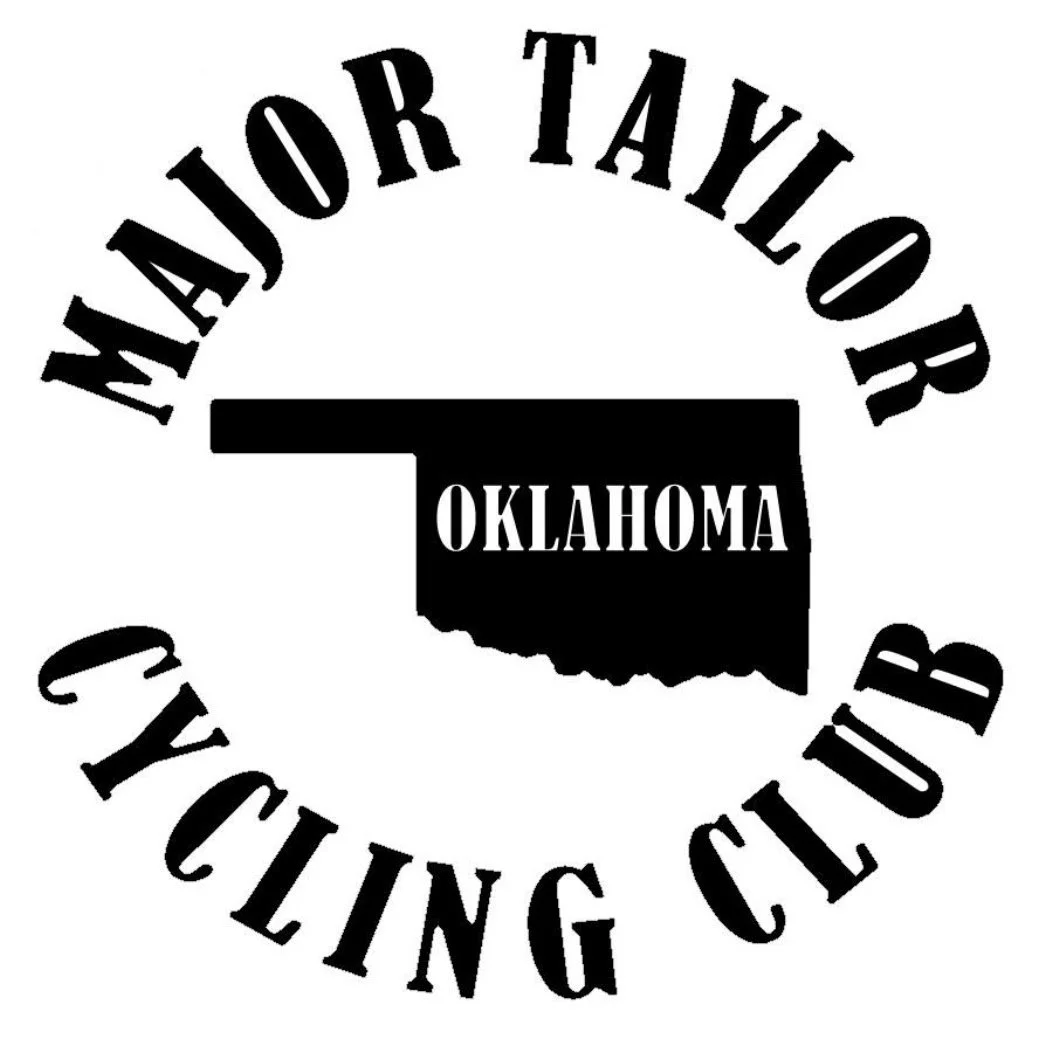The Community Light Foundation is pleased to be affiliated with the Major Taylor Cycling Club of Oklahoma, Inc. (MTCCOK). The club currently has two chapters, Oklahoma City and Tulsa. MTCCOK's mission is to identify and develop new riders, promote good health and sportsmanship by supporting recreational and social cycling activities in the community.
So who is Major Taylor? Marshall Walter "Major" Taylor (November 26, 1878 - June 21, 1932) was an American cyclist who won the world one-mile track cycling championship in 1899 after setting numerous world records and overcoming racial discrimination.
Taylor was the first African-American athlete to achieve the level of world champion and only the second black man to win a world championship-after Canadian boxer George Dixon.
At a young age, Marshall and his large family moved to a farm in rural Indiana where he was raised and educated. During his youth, Taylor received a bicycle and started working as an entertainer at the age of 13. Taylor was hired to perform cycling stunts outside a bicycle shop while wearing a soldier's uniform, hence the nickname "Major". His bicycle skills continued to improve at a rapid pace and in late 1896, Taylor entered his first professional race in Madison Square Garden, where he lapped the entire field during the half-mile race.
As an African-American, Taylor was banned from bicycle racing in Indiana once he started winning and made a reputation as "The Black Cyclone". In 1896, he moved from Indianapolis to Worcester, Mass., then a center of the United States bicycle industry with half a dozen factories and 30 bicycle shops, to work as a bicycle mechanic in the Worcester Cycle Manufacturing Company factory, owned by Birdie Munger, who was to become his lifelong friend and mentor, and racer for Munger's team. His first east coast race was in a League of American Wheelmen one mile race in New Haven, where he started in last place but won. Taylor retired at age 32 in 1910, saying he was tired of the racism. His advice to African-American youths wishing to emulate him was that while bicycle racing was the appropriate route to success for him, he would not recommend it in general; and that individuals must find their own best talent.
His legacy continues on today with Major Taylor Cycling Clubs all across the United States.
We welcome you to come and join the Major Taylor Cycling Club and join in the fun of riding our bicycles.

